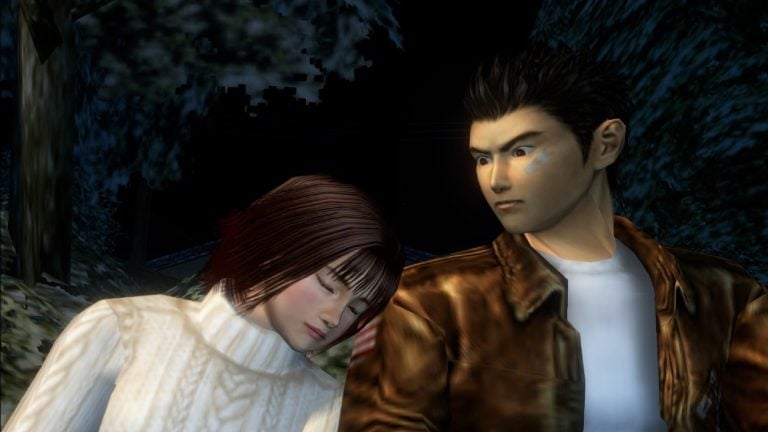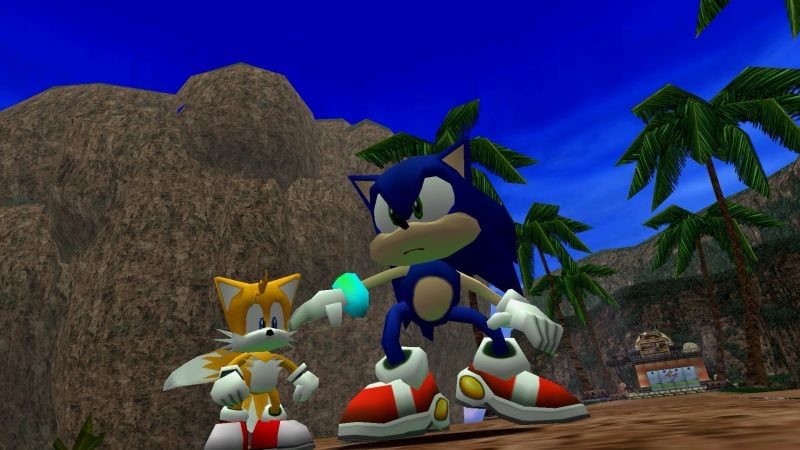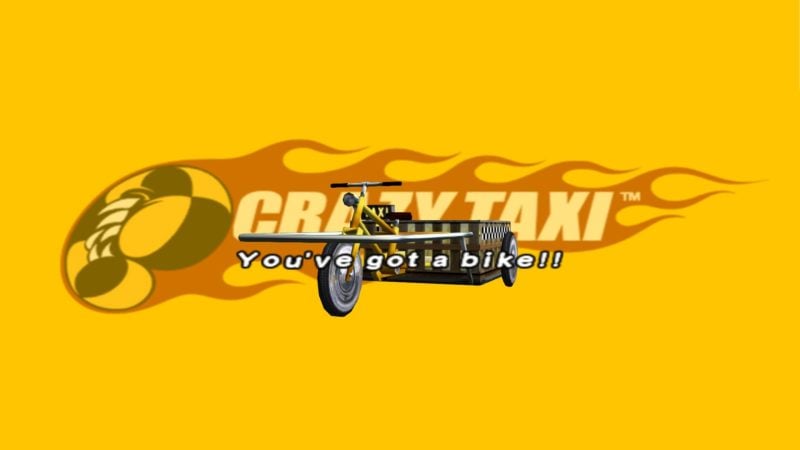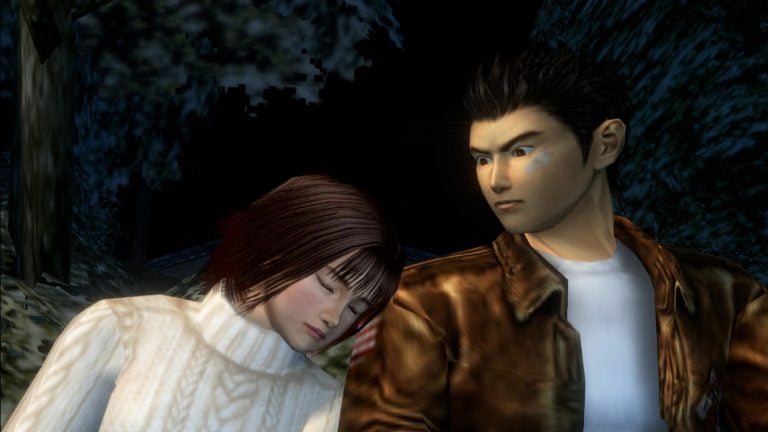It has been nothing short of exciting to watch the retro console period come back to life with miniature copies of vintage game consoles.The NES and SNES Mini from Nintendo started the trend, which was then picked up by Sega’s Genesis Mini and Sony’s PlayStation Classic. The Sega Dreamcast, arguably the company’s most daring project, was, however, reportedly initially intended to join the celebration.

Shenmue might have been overshadowed by the PlayStation at the time but many gamers have fond memories of playing on the ill-timed console growing up.
Adam Koralik, a YouTuber and retro gaming enthusiast, claims that Sega had thought about producing a Dreamcast in miniature form. This information highlights Sega’s fundamental concerns, particularly the trade-off between quality and price. Koralik, who had previously worked with Sega on the Shenmue remake, provided insightful information based on his behind-the-scenes dealings with the firm. “You either build this perfect Dreamcast emulator… or you do a low-end version that’s running PC ports,” he said when asked how to fit the Dreamcast into a tiny little box.
Sega’s conundrum was caused by two undesirable possibilities. A superior product that would be excessively expensive at $300, alienating many fans, or a less expensive one made of PC ports, an option that received a lot of criticism in the past. The Dreamcast Collection on Xbox 360, which effectively contained PC versions, wasn’t universally praised, which may have been the major role in Sega’s choice.
But there’s more to the Dreamcast’s narrative than first appears. Despite initial commercial setbacks, this console has become a cult favorite. A community of fans committed to promoting its “forgotten” library has been formed thanks to its extensive, unique gaming library’s ability to withstand the test of time.
Even while the Dreamcast’s hardware revival looks far off, the software heritage of the system seems unbreakable thanks to games like Sonic Adventure, Crazy Taxi, Shenmue, and Samba de Amigo that continue to resonate with fans today.
Deeper queries concerning the preservation of gaming heritage are raised by the discussion surrounding a Dreamcast mini. For many others, the Dreamcast represents bold inventiveness and ambition, serving as a reminder of what might have been. Some detractors claim that the tiny version might turn out to be another fad, bought on impulse and quickly forgotten, while others see it as a chance for Sega to recognize and honor its extensive Dreamcast library.

Despite its flaws, Sega’s Dreamcast Collection on the Xbox 360 demonstrated the console’s enduring popularity. Many Dreamcast classics might be brought back to the present-day gaming platforms with a larger, more carefully chosen collection. Just a few games that come to mind areSkies of Arcadia, Toy Commander, Metropolis Street Racer, and the highly wanted Phantasy Star Online.
Get our newest content first by following Xfire on Google!
Imagine a scenario where Sega brings these classics back while enhancing them with contemporary additions, similar to Rockstar Games’ Red Dead Redemption remake, which was released on the PS4 and Nintendo Switch and is currently enjoying a brisk sales.
Even though fans would like a physical little Dreamcast, perhaps the real value is in safeguarding the platform’s games.
An episodic Dreamcast Collection would be a lovely link between the past and the present, appealing to both nostalgia buffs and a younger generation by introducing them to the wonder of the Dreamcast period.

In the end, Sega has a special chance, even though a real Dreamcast Mini may still be a long shot. They may continue the Dreamcast’s legacy as a tribute to a time when gaming made daring forays into unexplored waters, not merely as a piece of technology.
Speaking of Sega, its American division has decided to unionize. Finally, the business is open to creating updated versions of classic Sonic games.
